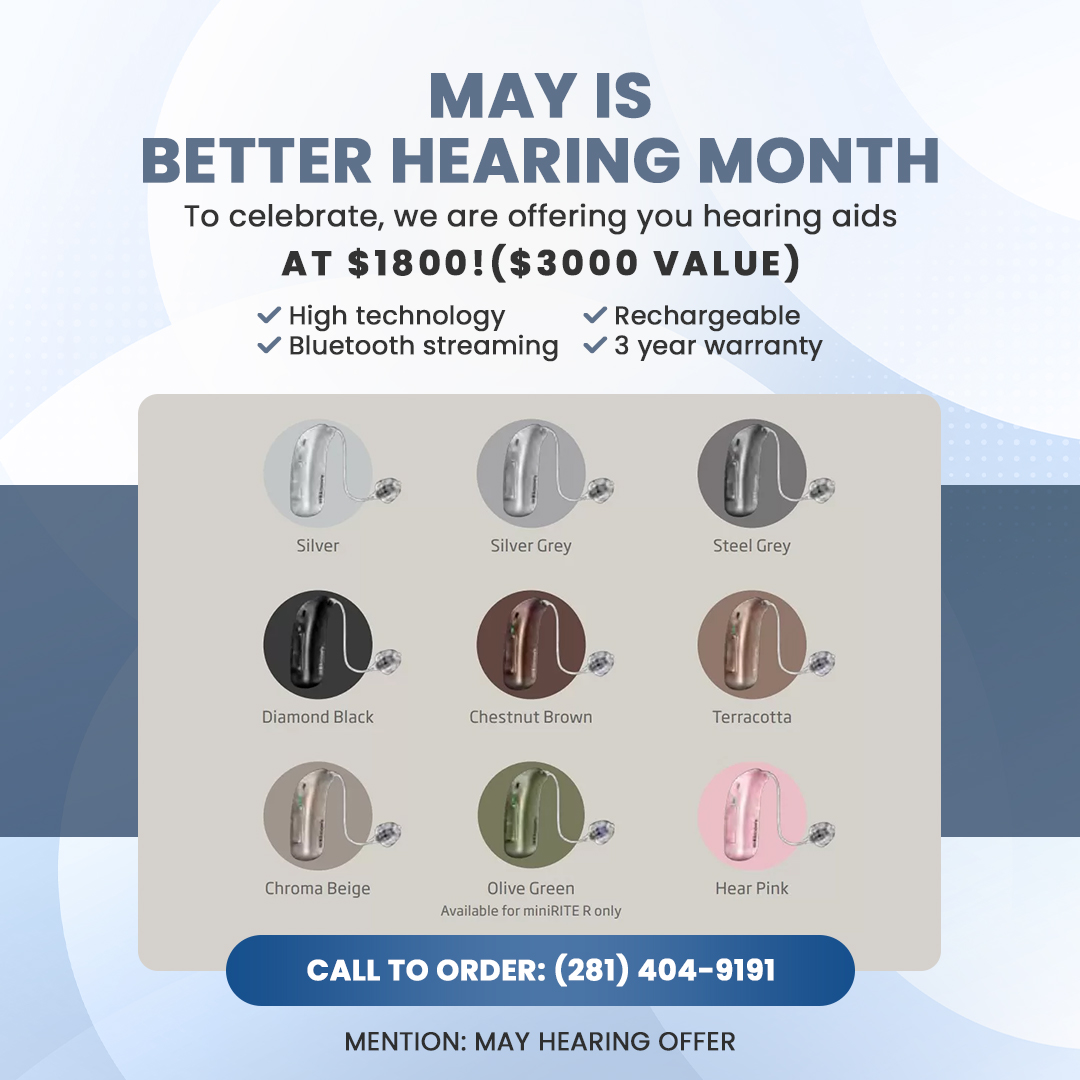
Myopia is a common vision condition that affects millions of people worldwide. It occurs when the eye is unable to focus properly, resulting in blurred vision when looking at objects in the distance. Myopia is often caused by a combination of genetic and environmental factors. If one or both parents have myopia, there is a higher chance of their children developing it as well. Additionally, excessive near work and lack of outdoor activities have been linked to the development and progression of myopia.
The symptoms of myopia can vary from mild to severe. People with mild myopia may only experience blurry vision when looking at distant objects, while those with severe myopia may have difficulty seeing clearly even at close distances. Other symptoms may include eye strain, headaches, and squinting. If you notice any of these symptoms, it is important to schedule an eye examination with an optometrist or ophthalmologist for a proper diagnosis.
The Importance of Myopia Management
Myopia management is crucial for several reasons. Firstly, myopia can worsen over time, leading to a higher prescription and increasing the risk of developing eye conditions such as retinal detachment, glaucoma, and cataracts. By implementing effective myopia management strategies, it is possible to slow down or even halt the progression of myopia, reducing the associated risks.
Additionally, myopia can significantly impact a person's quality of life. Those with severe myopia may struggle with daily activities such as driving, playing sports, or even recognizing faces from a distance. By managing myopia effectively, individuals can maintain clear vision and continue to engage in their preferred activities without limitations.
Effective Myopia Management Strategies
Several strategies have been developed to manage myopia effectively. These strategies aim to control the progression of myopia and reduce the associated risks. Three of the most effective strategies are orthokeratology (Ortho-K), multifocal contact lenses, and atropine eye drops.
Orthokeratology, also known as Ortho-K, is a non-surgical approach to myopia management. It involves wearing specially designed gas-permeable contact lenses overnight to temporarily reshape the cornea. By gently flattening the cornea, Ortho-K lenses correct the refractive error and allow clear vision during the day without the need for glasses or contact lenses. Studies have shown that it can slow down the progression of myopia by up to 50%. It is particularly beneficial for children and young adults who are still experiencing rapid eye growth.
Multifocal contact lenses are another effective option for myopia management. These lenses have different zones that correct vision at different distances. By providing clear vision at both near and far distances, multifocal contact lenses help to reduce the strain on the eyes and slow down the progression of myopia.
Atropine eye drops have gained popularity as a myopia management strategy in recent years. Atropine is a medication that dilates the pupil and temporarily relaxes the focusing muscles in the eyes. By slowing down the eye's growth, atropine eye drops can effectively control myopia progression.
Navigating Myopia with Help of Pupila Family Eye and Ear Care
When it comes to myopia management, the right strategy will depend on various factors such as age, lifestyle, and personal preferences. It is essential to consult with an eye care professional who specializes in myopia management to determine the most suitable approach for your specific needs.
During the consultation, the eye care professional will conduct a thorough eye examination and discuss the available options with you. They will consider factors such as the severity of your myopia, your daily activities, and your willingness to comply with the chosen management strategy.
Schedule an appointment with our eye care professional to discuss the most effective myopia management strategy for you or your child, visit Pupila Family Eye and Ear Care at our office in Pasadena, Texas. Please call (281) 445-2021 to book an appointment today.








